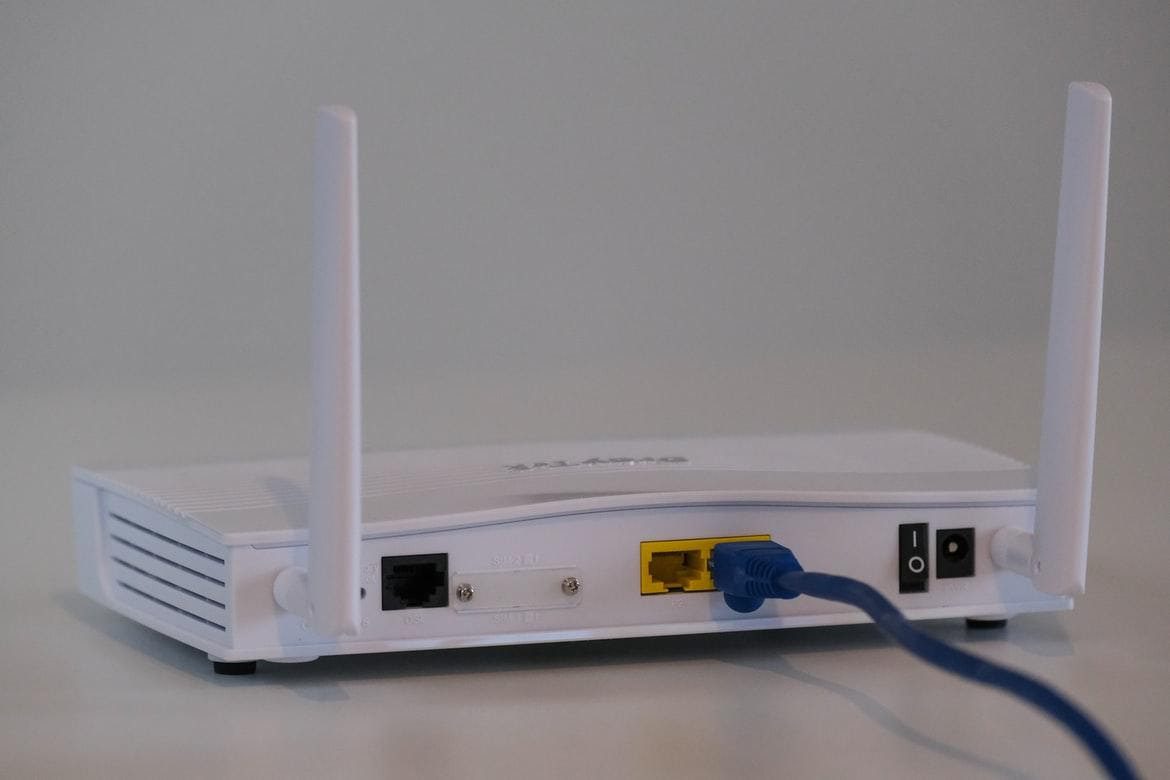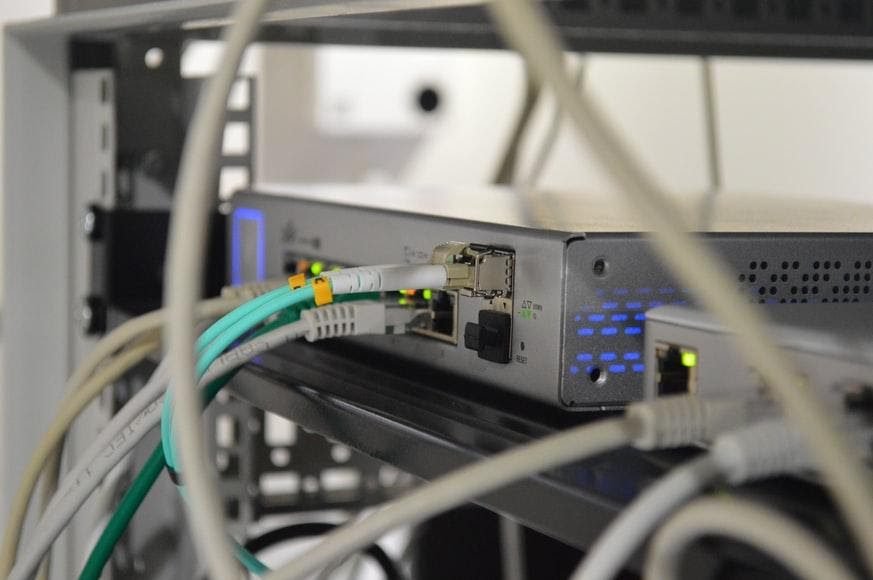These are digital days when everything is done with the use of the internet. We have seen in our houses that there remains a device in one room that blinks with several lights on. This is the router.
Your router is the device that lets you connect your device to the internet. It is an intermediary between your device and the internet service provider. As such it may appear that it is just a device and many people don’t have the idea that it may be affected by a virus. But the hard truth is that routers are also vulnerable devices. We generally set up a password for our connection and think routers are just for connecting through this password.
When routers are affected by malware or virus, the impact can be huge. This is the one device that keeps us running by letting us connect to the server. All our personal and professional communication gets disturbed when there is an attack. We should be aware of precautions to be taken in this regard. Attention should be paid to the maintenance of the router too.

The scope of the virus that affects a router differs. It can steal personal information like logins and passwords, it can penetrate through the website you browse, and it can totally collapse everything you do over the internet. If your router has an OS, then the chance of spreading the virus remains dominant. The most popular router malware is the VPNFilter.
This affected networks across 50 countries is quite astonishing. Routers can be obtained in the market over various price ranges. Experts feel that when you buy some cheap one, it may not have the security features since the firmware updates are possible only with the high-end versions.
They also do not deny the possibility of the high-end versions being attacked. These days smart home systems are implemented, meaning your entire house is connected to the router. For example, your television, phone, your electrical appliances, and may be even your electric meter. So when your router gets affected, all other devices are also affected.
Table of Contents
How to identify a router virus?
- There may be unknown programs on your device. These may even be unnoticeable on the program check of your device. Without your knowing, there may be uninvited visitors to your device and they can plant any program. These hackers try to install some software that can steal your password information. As you work over the internet, your details get transmitted to these hackers who then manage to swipe your entire money.
- Your device may begin to operate slow and you may not know that it is because of the hacking. The lag that you notice in your system may be the initial sign of hacking. The malware is positioned on your router and it eats up the computing resources forcing your system to work very slow. Sometimes it may be taken for a software update or maybe lack of space. But it is not always so. The reason has to be explored so that you can identify the virus attack earlier.
- Whenever you try to visit a website, you are taken to another site that you did not choose. This is the work of the affected router. There may be several compromised links in the site that hackers want you to access by an unintentional click. So, without your knowledge, you invite a lot of hackers to your device and allow the stealing of personal information.
- The hacking of your router can also lead to a DNS server change. If you notice that it has been changed then the reason could be no other than a router virus.
- When you are unable to access certain services you can know that there is some issue. Changing your passwords without your notice may be the work of hackers leading to your inability to access some services. When you cannot log in in spite of the correct information, you should let experts check your device for a virus attack.
- Sometimes when you use the system, certain messages pop up. Certain boxes start to appear when you browse through a site. These force you to click on them when you try to click on certain other links. This is the action of the virus attack on your system and to make it further worse it makes you click on the boxes. Messages start to appear that mention that you can escape from virus attacks, or clean up your system if you click on the box.
Vulnerability of routers
It is seen that routers that allow remote access are more vulnerable. The control of your router should only be given to those who are physically near to it. Also, it should be password protected. Care should also be taken to change the passwords frequently.
Choose a password that has good strength and that which cannot be easily deciphered. You could also restrict the usage of wired connections so that the chances of being affected are reduced. When access is allowed from remote, anyone can log in to the system. This can allow anonymous people to get all the details from your router.
Updates for your router: Firmware updates for your router are very important. We have seen above that cheap routers available in the market do not allow updates to happen. Some routers automatically install the updates as they are configured to do so, while some others may require manual intervention. This is a very important step to protect your router, so if you own a router that needs updates manually, you should not forget to do it.

Scanning for viruses: You need a good antivirus to scan your network. This must be good enough to scan your router and check for the presence of viruses or malware. A full system scan and a clean-up post can help you identify and remove the virus that may have crept in.
When these scans do not work, you have the manual intervention option, that is, to reset the router to the factory settings. Once this is done, you get the router fresh as is you had purchased only now. There is a button on every router for this. By just pressing the button, you can get rid of the virus attack. Though your router needs to be set up again afresh, this seems to be the last resort.
Some expert tips summed up:
- Password changes are to be done frequently so that your router is not prone to attack by anonymous users of the internet.
- Firmware updates so that your router is kept up to date and protected against malicious attacks.
- Not allowing remote access is another way to keep yourself safe.
- Checking the DNS settings so that the internet service provider handles everything. The DNS settings should be preferably dynamic.
- Scan the router periodically to identify any attacks.
The above is comprehensive information on the possibility of a virus attack on your router. You should take necessary care so that the virus does not pose a big threat to your devices connected. Also, make sure you seek professional assistance in these aspects so that you can maintain the health of your router and thereby the devices connected to it.
